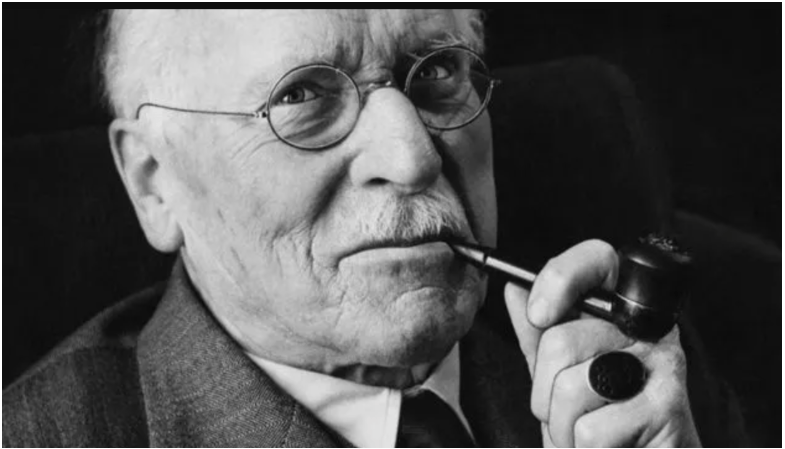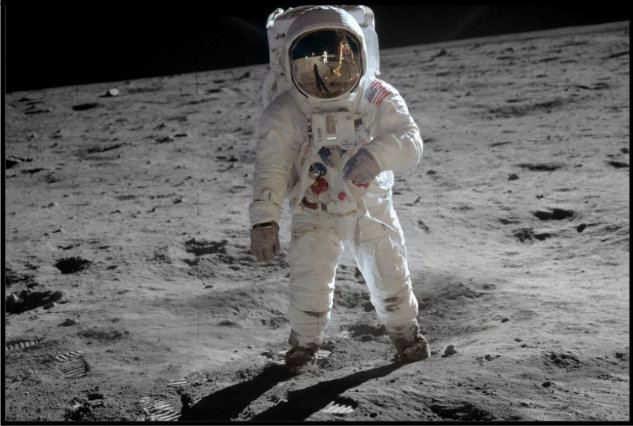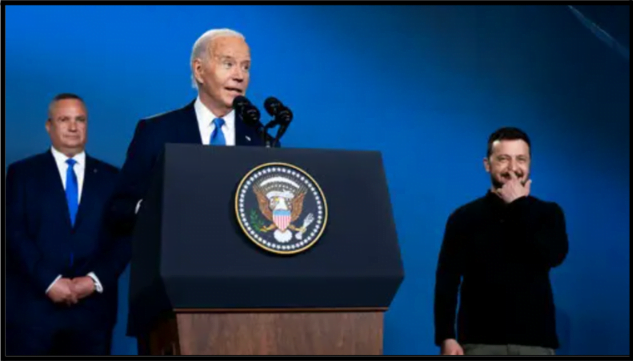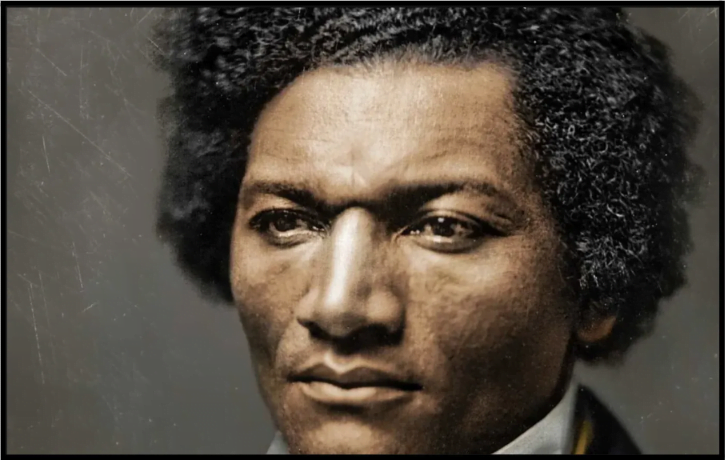Talking Big Ideas.
“All the most important ideas in history go back to archetypes.”
~ Carl Jung
Apple launched a terrible ad this week.
CEO Tim Cook’s tweet announcing the ad has more than 57 million views right now and more than 17,000 comments – virtually all of them negative. The whole country of Japan seems united in outrage, finding it disgusting and heartbreaking. Within two days of the launch, Apple formally apologized.
Here’s the ad:
I find it hard to imagine Steve Jobs would have allowed it to be made. He understood as well as anyone the power of storytelling to advance a brand. Jobs was famous for his obsession with sharing stories with a clear hero, making Apple customers feel connected to and passionate about their products.
His commencement address to Stanford was framed as a hero’s journey, and he was instrumental in popularizing the iconic 1984 Apple ad from 40 years ago:
Notice how the 1984 ad features a colorful and creative heroic rebel rising up against the cold conformist machine. The Crush ad features the opposite: the cold conformist machine crushing colorful creations of our humanity.
The idea of embedding heroic rebels into your story is a tradition going back to antiquity.
Psychologist Carl Jung explained that there are certain timeless universals. For instance, humans have always craved a sense of belonging and purpose. We yearn for appreciation, love, independence, and achievement.
Whether we are conscious of these universals or not, they are fundamental to how we make sense of the world around us and include our ideas, feelings, fantasies, and visions. Cicero and Augustine wrote of their importance. Plato described them as “elemental forms,” and Jung called them archetypes.
The great myths, the best stories, the most influential leaders, and the truly dominant brands – they all harness the power of archetypes.
Margaret Mark and Carol Pearson write in The Hero and the Outlaw that archetypes “call people to fulfill their basic human needs and motivations” while clarifying the essential meaning of a brand. Consider:
- The Jester: Old Spice is funny and quirky.
- The Innocent: Mr. Rogers was kind and honest.
- The Outlaw: Harley-Davidson has a rebellious spirit.
- The Everyman: Tom Hanks is relatable and trustworthy.
- The Explorer: Patagonia takes you on amazing adventures.
Mark and Pearson bring to life twelve foundational archetypes:
Most brands have one dominant and two or three support archetypes. The Crush ad this week was such a failure because it violates all of Apple’s archetypes.
Apple is supposed to be a Creator, not a destroyer. A Rebel, not a cold conformist machine. A Magician who creates a beautiful product with an enchanting experience – not outrage and offense.
The Crush ad violates all of Apple’s archetypes.
Yesterday, I was chatting with a good friend and client of mine. I walked him through our company’s four archetypes and how they define our identity and guide our interactions with each other and our clients. I was happy when he stopped me to say that our dominant archetype – The Magician – encapsulates his experience working with us.
Here are the four Ewing School archetypes and how we explain them:
The Magician
Magicians transform people.
We are visionaries who encourage our clients to look forward to a better future and imagine how they will build it. We empower our clients to clarify and create their visions. As magicians, our biggest success is helping our clients feel the awe of transformation and the pride of gaining confidence and realizing their dreams.
The Explorer
Explorers bring excitement and adventure.
We strive to help our clients see new horizons. We help them feel alive and bring out their adventurous side. We are ambitious, tolerant, and up for a challenge. We inspire our clients to believe they can achieve anything.
The Everyman
The Everyman is part of the tribe.
We are trustworthy. Our clients see us as one of them, someone who understands who they are and what they’re trying to achieve. We are warm, friendly, and likable, rooting for their success and the success of their organization.
The Lover
Lovers build deep connections.
We help our clients feel connected to themselves, their ideas, and their visions. We help them bond with their audiences. Our clients trust they can tell us anything and know we will listen with understanding and help them along their path.
***
These four archetypes define our company identity and guide our interactions with clients. They help us to distinguish ourselves from other coaching companies. All four are embedded into our website aesthetic. Here’s how we describe what makes us unique; notice all our archetypes appear:
The Ewing School is a place for exciting, transformational growth for our clients, staff, and coaching team.
Our focus is substantive skill development through long-term trustworthy relationships. We get to know each other and our clients in a detailed, often intimate way. We change people’s lives – and we have fun doing it.
The philosopher Carl Jung said, “It’s the privilege of a lifetime to become who you truly are.” We help our clients realize this privilege, and in doing so, we help to realize it for ourselves.
I encourage you to clarify your archetypes. For either your company or your individual brand. You can take an online quiz to get started. We worked with a company called Wax Creek, and they were extremely helpful.
The better you understand your brand, the more likely you are to connect meaningfully with the people who matter most—and the less likely you are to do something as harmful and foolish as the Apple Crush video.

